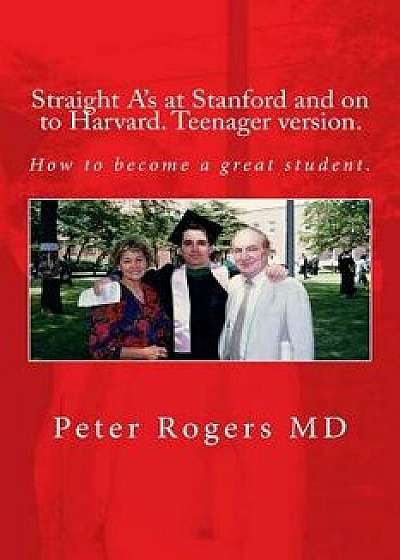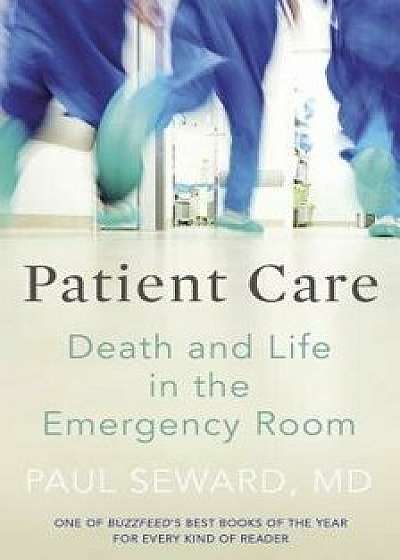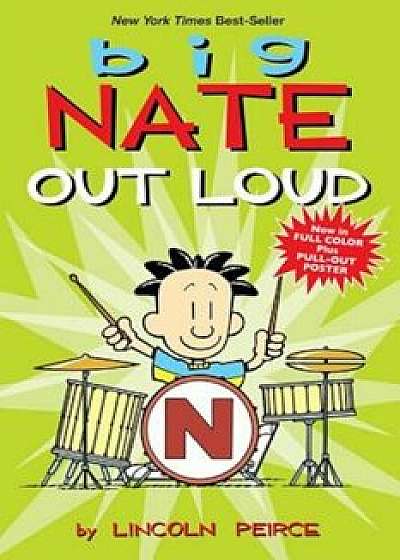
Straight A's at Stanford and on to Harvard. Student-Teenager Version, Abridged.: How to Become a Great Student./Peter Rogers MD
Descriere
The best methods to raise IQ and optimize academic performance. This book will make you smarter, able to learn faster and think better. It reveals the methods used to get straight A's at Stanford and 99% on medical school exams. Learning methods such as SIRS, flashcards, word play, word associations, mnemonics, walk and talk, shadowing, neurogenesis, angiogenesis, mitochondrial biogenesis, brain glycogen, verbal skills, thinking strategies, condensed notes, how to read a book, speed reading and much more are discussed. About the Author: Peter Rogers MD like Charles Darwin has waited over 20 years to publish his theory. His theory is that students should be trained in academics like athletes are trained in their sport and that performance on standardized tests is an indicator of how well an academic athlete is trained. This book is relatively unique in that it helps you to develop the skills of learning and thinking. Methods for increasing the speed of learning and retention of information are discussed. Peter started out as one of the worst students in all his classes at Stanford and went on to become one of the best. He studied the methods of the best students, read all the books on memory and learning techniques and developed his own methods. In this book, he summarizes 30 years of experience in academic performance optimization. Peter was recruited to Stanford as an athlete and then got injured and recycled himself into becoming a great student. His coaches were the World and Olympic Champion Schultz brothers, Mark and Dave who are featured in the new movie Foxcatcher. Peter analyzed what makes athletes great and then adapted this to academics. Dr. Rogers is also a neuroradiologist and has incorporated his knowledge of neurophysiology into optimizing academic performance. Peter earned the Student Athlete of the Year Award at Stanford and then went on to earn 99% board scores while at the University of Illinois Medical School and again 99% while a resident at Northw





